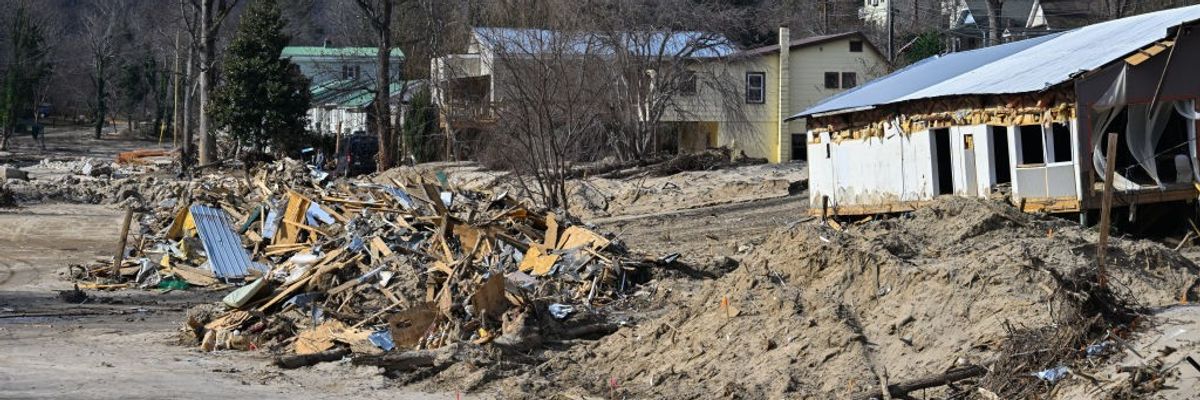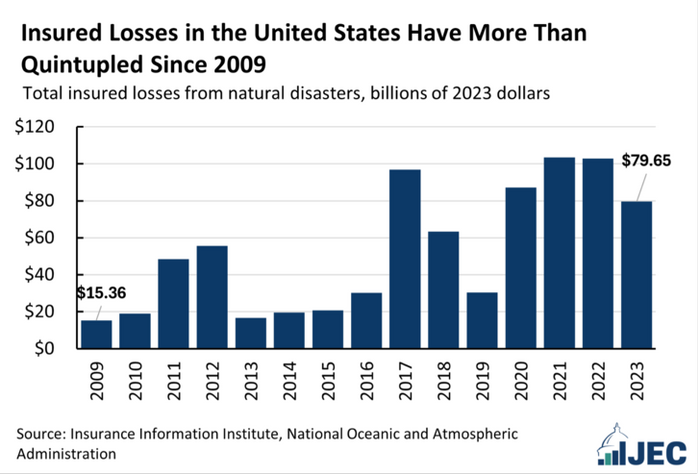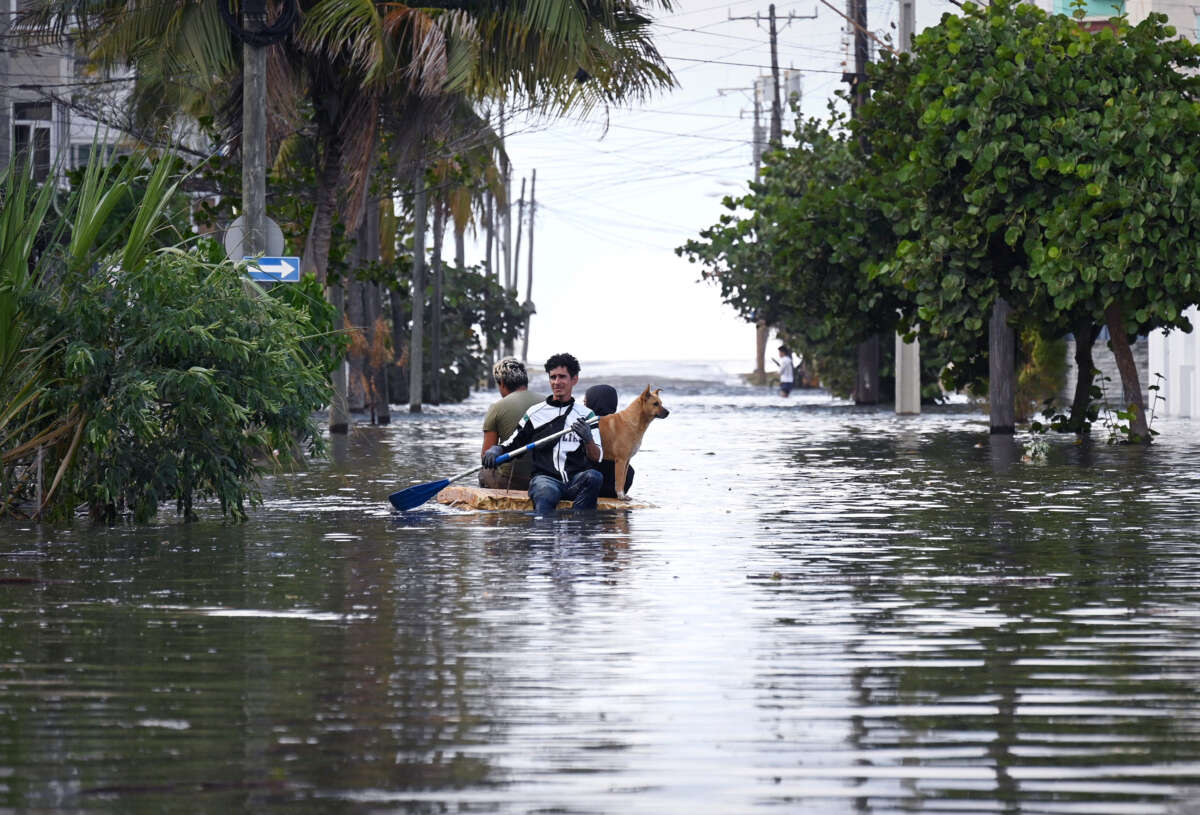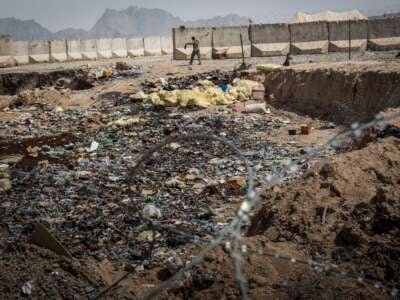DECEMBER 17, 2024
The Ortega-Murillo regime has betrayed the legacy of the Sandinista Revolution and makes a US-led neoliberal takeover more feasible, argues Mike Phipps. A Labour Hub long read.
The latest bulletin from the UK’s Nicaragua Solidarity Campaign Action Group expresses alarm at the continued – perhaps increased – hostility of the US Administration towards Nicaragua. It reports:
“On 22nd November President Biden signed an Executive Order stating that Nicaragua still poses an ‘unusual and extraordinary threat to the national security and foreign policy of the United States’. In doing so Biden repeated a designation that began under the last Trump presidency. It also has echoes of an identical 1986 Executive Order by President Ronald Reagan at the height of the contra war.”
As John Perry asked recently, “What ‘unusual and extraordinary threat’ does Nicaragua pose to a country with 50 times its population and the world’s biggest military budget, whose southern border is in any case nearly 2,000 miles away?” Nicaragua spends less of its national income on defence than almost any other country in the hemisphere.
The re-election of President Trump poses further threats. In 2018, Trump signed into law the Nicaragua Investment Conditionality Act, which sought to cut Nicaragua off from loans from international lending institutions. Biden renewed Trump’s sanctions and indeed tightened them. No-one concerned with the independence and sovereignty of Latin American countries can look on the return of Trump with anything but apprehension.
It’s in this context that the Solidarity Campaign reports on the Nicaraguan government’s new proposed constitutional amendments, introduced supposedly to update the 1987 document “in line with reality. The key changes,” we are told, “relate to the protection of national sovereignty and institutionalising poverty reduction.”
Constitutional changes
Others have a different analysis. Gioconda Belli is a renowned poet and former militant who clandestinely transported weapons for the Sandinistas in the 1970s and later became responsible for international press liaison in 1982 and director of State Communications in 1984. She believes the constitutional changes are designed to enshrine a co-presidency that guarantees the succession of President Daniel Ortega’s wife, Rosario Murillo, in the event of his death. To head off potential opposition to this, the constitutional reforms, says Belli, enshrine a “voluntary” paramilitary army. This force, loyal to Murillo, “will be well-funded, ideologically driven, and trained by the military or by those who participated in the deadly repression of youth in 2018.”
The reforms further extend control over all branches of the state, eliminating the separation of powers enshrined in previous constitutions. Even before this, at the Human Rights Council in Geneva, the Group of Experts on Human Rights on Nicaragua (GHREN) already declared that the country “does not meet even the most minimal reasonable standard of judicial independence.”
The constitutional reforms also undermine municipal autonomy – a favourite target of dictators – which was restored to Nicaragua by the earlier Sandinista constitution of 1987. Additionally, mayors can be dismissed by the Attorney-General .
Belli concludes: “Never in the history of Nicaragua, with its eleven Constitutions, has one been crafted with such shamelessness to suit the convenience of a married couple.”
Some background
How did it come to this? The Nicaraguan Revolution was a beacon of hope in the 1980s in a continent firmly under the domination of US imperialism. But there is a long history of revolutionary movements gradually becoming corrupt bureaucracies. As elsewhere, the rot set in when the controlling faction in the leading party adopted a policy of stifling internal dissent and closing down opposition viewpoints. To its credit, the experience in Nicaragua was more gradual than many – but it happened nevertheless.
On July 19th 1979, the Sandinista National Liberation Front (FSLN) overthrew the country’s brutal dictatorship and embarked on a radical programme of economic and social reform. In 1984, the Sandinista government held the country’s first free elections in decades, denounced by Washington, but validated by international observers from many US-aligned countries.
Throughout the 1980s, the Reagan Administration unleashed a campaign of terror against Nicaragua. The indiscriminate savagery of the US’s contra war makes the current threats from the White House look tame by comparison. Yet, the Sandinista government survived thanks to its huge popular support. By the end of the 1980s, the head of the capital’s police force could boast that he was the only police chief in the whole of Latin America that had not fired a single round of tear gas during the previous decade.
The Sandinistas left office peacefully when they lost the 1990 elections. Seventeen years later, Sandinista leader Daniel Ortega returned to the presidency under very different conditions, having made the party his personal electoral vehicle. As I have previously argued, “His team made a pact with the then governing party, which granted immunity to one of the most corrupt politicians in the hemisphere. It also did a deal with the hierarchy of the Catholic Church which would support Ortega in return for his introduction of one of the most draconian anti-abortion laws anywhere in the world.”
Ortega made his wife vice president. Three sons became directors of TV channels and another headed a government agency working with incoming businesses. Opposition parties were de-registered and presidential candidates jailed. Critical social movements were repressed.
The government’s murderous repression against protesters in 2018 sparked an uprising across the country, which led to considerable loss of life on both sides. Human rights monitors say 355 people were killed by government forces. Regime supporters choose to describe this as a US-directed coup, but are less vocal on the initial killings by the regime or the subsequent blanket of repression that has smothered the country, prompting tens of thousands to go into exile.
Repression branded as anti-imperialism
The formal continuity of today’s Ortega regime with the traditions of Sandinismo makes it easier for it to brand its repression as a kind of anti-imperialism. Dissidents are labelled foreign agents. Hundreds of opponents have been stripped of their Nicaraguan nationality, their pensions cancelled. A 2021 reform to the Criminal Code extended the period for detention without charges from 48 hours to 90 days, violating the right to the presumption of innocence. Hearings have been held behind closed doors, with detainees denied the right to choose their legal counsel. Political prisoners allege beatings, electric shocks and other forms of torture.
Recent months alone have seen new laws proposed to restrict the right of Nicaraguans to leave or enter the country, limit international cooperation and stifle social media criticism of the regime. This is on top of the draconian national security laws passed in 2021 that suspended habeas corpus and gave the government sweeping powers to detain and prosecute critics.
In September, the UN Human Rights Office concluded that the human rights situation in Nicaragua has seriously deteriorated since last year, with increasing cases of arbitrary detentions, intimidation of opponents, ill-treatment in custody and attacks against Indigenous peoples.
Universities, media outlets and NGOs, including the International Red Cross, have been closed on a massive scale. In 2024 alone, the regime shut down nearly 2,000 NGOs, from religious groups to livestock associations, bringing the total number of such nullifications to over 5,500 since 2018, a 70% reduction. Many of these were run by prominent former Sandinistas, such as the Nicaraguan Centre for Human Rights’ Vilma Núñez, who was once Vice President of the Supreme Court of Justice. All of these NGOs’ assets are now under government control, “recovered for the people of Nicaragua,” as the regime euphemistically puts it. The UN Human Rights Office called the cull “deeply alarming”.
Later that month, the regime banished 135 political prisoners to Guatemala. It was just the latest in a series of mass banishments, often for trivial ‘offences’. According to Confidencial, a newspaper founded by the former director of the Sandinista newspaper Barricada, “Former university professor Freddy Quezada’s crime was to ‘like’ a post supporting the Nicaraguan Miss Universe, Sheyniss Palacios. Kevin Laguna was imprisoned for painting a mural of her; and TikTok influencer Geovany Lopez Acevedo overstepped by criticizing the official narrative against the Nicaraguan beauty queen’s victory.”
The controversy around a Nicaraguan winning the Miss Universe competition seems almost surreal, were it not for the shocking consequences. Sheyniss Palacios was the first Nicaraguan ever to win the beauty pageant and the regime initially expressed “legitimate joy and pride” at her achievement – until pictures emerged of her participation in an anti-government protest in 2018. At that point, the owner of the Miss Nicaragua franchise was accused of – and faced police arrest for – deliberately rigging beauty contests in favour of competitors who were critical of the government as part of a ‘coup plot’. Others who expressed support faced more serious victimization.
The persecution of ‘old Sandinistas’
Former Sandinista comandante Dora María Téllez joined the Sandinistas in the 1970s. Aged just 22, she was third in command in the guerrilla operation in 1978 that occupied the Nicaraguan National Palace in Managua, where the National Assembly was in session, capturing 1,500 civilian hostages. She then played a central role in negotiating the release of Sandinista political prisoners and a million-dollar ransom payment. After the Revolution, she served as Health Minister from 1979 to 1990 before leaving the Sandinista in 1995.
In 2021, she was arrested in a violent police operation, involving 60 members of the riot squad. Police smashed down the doors, opened fire and physically hit the former Sandinista leader. She was sentenced in an express hearing that took place within the prison where she was held. After 605 days of imprisonment, she was expelled from the country, stripped of her Nicaraguan citizenship.
Recently she has said that “the obsession of the Ortega-Murillo regime is to control absolutely everything.” Referring to a new wave of arrests and purges of military, police and public officials, she called it “a sweep aimed at establishing in high-level public positions people who are unconditionally loyal.”
Even Jorge “El Cuervo (The Raven)” Guerrero, one of Daniel Ortega’s inner circle for more than four decades, was taken. His arrest and imprisonment at the age of 81 “informs everyone who was in the Sandinista Front guerrilla, no matter how old they are, how long they’ve been imprisoned, or how close they are to Daniel Ortega, that none of them have immunity,” said Téllez.
None – not even Humberto Ortega, brother of the President and another leading comandante, one of the original nine members of the Sandinista National Directorate and Minister of Defence from 1980 to 1995. Earlier this year he was placed under house arrest after criticising his brother’s regime as “authoritarian, dictatorial”. The President called him a “traitor”. His computers and phones were seized and his bodyguards and service workers arrested.
“Ortega and Murillo see in Humberto a competitor, someone annoying, who does not submit to their control, who is not subject to them,” commented Dora Maira Téllez. “He can say anything, as he has done. So this siege against Humberto — the same siege as against thousands of Nicaraguans — is to silence him.”
And silenced he was. Denied specialist medical treatment, he was later rushed to Managua’s Military Hospital and died a few months afterwards. Many feel his persecution and humiliation was aimed at removing him a as potential successor to his ailing elder brother who will be 80 next year.
A day after Humberto Ortega’s detention, 83-year old Judy Butler, a US citizen who had lived in Nicaragua for over 40 years and had done a small amount of translating for Humberto Ortega, was visited by several police, ordered to pack a small bag and then deported. She was given no reason, her phones were confiscated and all her personal belongings, including her computer, were left behind.
Between 1977 and 1983, Butler had been the editor of the Report on the Americas of the North American Congress on Latin America (NACLA), an NGO of social science scholars. She had also worked on the magazine Envío, produced by the Central American University, which the regime took over and closed in 2023, cancelling the enrolment of hundreds of students.
Humberto Ortega was not the first historic Sandinista leader to die in the captivity of the Ortega-Murillo regime. Commander Hugo Torres, a Sandinista militant since 1971 and a retired general, collapsed and died in El Chipote prison in 2022 due to a lack of adequate medical care.
Voices on the left speak up
As with Venezuela, voices on the left are increasingly expressing concern about the Ortega regime. Chilean President Gabriel Boric called recently for political prisoners to be freed and human rights abuses prosecuted “regardless of the political affiliation of who is governing.”
Pablo Iglesias of Podemos in Spain, and former Uruguayan President José Mujica have also been sharply critical of Ortega. None of these individuals seek to promote US Administration interests.
Gregory Randall, a professor at Montevideo University and son of Margaret Randall, a prominent feminist supporter of the Sandinista Revolution in the 1980s, said recently that if the left does not denounce President Daniel Ortega and Vice President Rosario Murillo’s government, it will lead to a “moral catastrophe, like not condemning the crimes of Stalinism at the time meant a disaster for communism that still affects us today.”
The parallel may look overblown at first sight, but the key similarity is that, just as Stalin tried and executed a great number of old Bolsheviks, today the focus of the repression of the Ortega-Murillo regime is on arresting, jailing and banishing many former Sandinista militants who risked their lives to make a popular revolution and build a better society.
The regime is an obstacle to defending the gains
The return of Trump to the White House ramps up the external threat against Nicaragua. The country’s Sandinista legacy remains significant, not least in the field of civic engagement. As Dora María Téllez says, “The most enduring feature of the revolution is the progress that has been made in terms of citizen organization and participation. By this I mean the capacities that various social sectors have developed to create the conditions necessary to improve their lives and to organize themselves to assert their rights, which is precisely what the dictatorship and its state of terror has turned against.”
There are important social gains as well that have not been overturned, even if they have been undermined. The Sandinista Revolution doubled the proportion of GNP spent on pre-university education in five years. It also established a single national health service available to all Nicaraguan citizens. But increased private sector penetration introduced after the Sandinistas left office in 1990 has weakened this and many non-governmental and volunteer bodies had to fill the gaps in poorer, rural areas. Their work has been adversely impacted by the current regime’s war on NGOs.
Furthermore the extreme politicisation introduced at all levels of administration by the regime post-2018 has led to state hospitals refusing to treat people based on their political orientation. “The health system as conceived and developed during the revolution, as a system of universal coverage, was simply turned into another instrument of Ortega and Murillo’s political and repressive interests,” comments Dora María Téllez.
The gains of the Sandinista Revolution were real and some remain so. But if they are to be successfully defended, the corrupt dynasty that has betrayed the Revolution’s great achievements – and persecuted so many of its bravest militants – will have to leave the stage.
Image: President Daniel Ortega and his wife and Vice-President Rosario Murillo lead a rally in Managua in 2018. https://www.freemalaysiatoday.com/category/world/2021/11/17/nicaraguan-president-wife-banned-from-us/ Creator: Alfredo Zuniga | Credit: AP Copyright: Copyright 2018 The Associated Press. Licence: Attribution 4.0 International CC BY 4.0 Deed
Mike Phipps’ new book Don’t Stop Thinking About Tomorrow: The Labour Party after Jeremy Corbyn (OR Books, 2022) can be ordered here.








